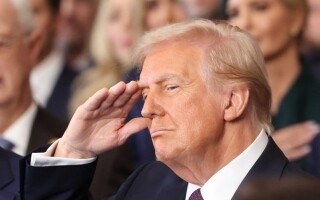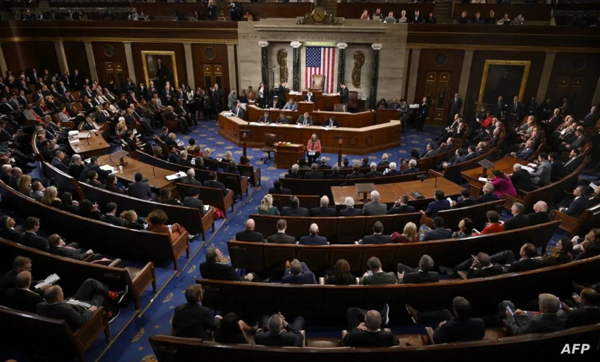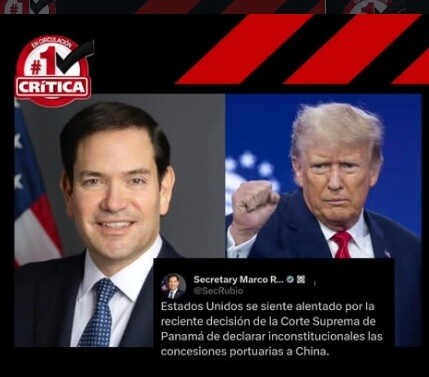
Former U.S. President Donald Trump issued unprecedented orders regarding layoffs and rate reductions that affected employees of the Department of Justice, who were pursued by him in court without any substantial grounds. Special Prosecutor Jack Smith submitted a resignation after filing two criminal cases against Trump to the extent that as a president-republican he fulfilled the promise of dismissing him, however, more than a dozen members of his team were fired on Monday. The administration made a reduction in ranks of some high-ranking officials in the Department of Justice or their displacement, which caused unrest among regular staff. One of the officials at the Ministry reported that the dismissed individuals played a "significant role" in the judicial proceedings against Trump and that the Minister of Justice in his correspondence James McCaskill does not consider them "reliable in the execution of the president's past promises." Smith accused Trump of planning to manipulate election results from the 2020 election and of improperly dealing with classified documents after leaving the White House. Despite the fact that no charges have been brought against the president, the Special Prosecutor commented on both cases after Trump's victory in the presidential elections in terms of the strategy used at the Ministry, not pursuing the president, who is in office. The president appointed McCaskill to perform the duties of the head of the Ministry until the Senate approves his candidacy for the post of Minister of Justice - Pam Bondi. Bondi, a former attorney general of Florida, defended Trump during the first impeachment and was one of the personal advocates of a real estate magnate, appointed to important positions in the Ministry. Advocates Todd Blanche and Emily Boffo were granted positions of second and third rank in the Ministry, considering their protection in the event of payment of money for the settlement of a scandal with an actress from a movie starring Danny Daniels in New York and two federal cases. Professor of Constitutional Law from the University of Chicago Steven Shuin stated that assembling loyal Trump individuals at the head of the Ministry raises "greater dangers" associated with his traditional independence from the White House. Shuin added that "the Constitution does not impose a requirement for mandatory independence of the Ministry... but throughout history, Congress and the president recognized the need for certain levels of independence from the White House." Asha Rangappa, former FBI agent and former associate dean of the Yale Law School, stated that "nothing prevents the president - legally - from actively controlling investigations." However, in practice, this boundary was considered between the White House and the Ministry, and Trump became the first president after Richard Nixon, who "crossed this line," according to Rangappa. In his inaugural speech, Trump, the first former president charged with a crime, promised to "deal with the mischievous, harsh, and unjust exploitation of the Ministry as a weapon." Nevertheless, in a later interview, he stated that he has gone "through four years of hell... hard to say that there will be the same experience." Bondi in her testimony asserted that "the Ministry must be independent" and that they "will not target individuals due to their political views." She stated that "there will never be a list of enemies within the Ministry." However, Democratic Senator Dick Durbin pointed out that Trump's actions witness the opposite, and mentioning his personal advocates in key positions in the Ministry tells that he "intends to use the Ministry as a weapon." Changes in personnel were just one of the steps anticipated by Trump in his first week in office. He noted broad amnesties, presented to more than 1500 of his supporters, pronounced in Capitol on January 6, 2021, including those who were charged for severe attacks on the police, six years of the prosecutors' work were dismissed. Trump also halted all drawn cases on civil rights and agreements on police reform and threatened lawsuits against federal officials and local officials who do not support his program on immigration protection. He also instructed the Ministry to take measures to restrict the right to citizenship by birth, which provoked immediate condemnation from the federal judge, who called this "a serious violation of the Constitution."














